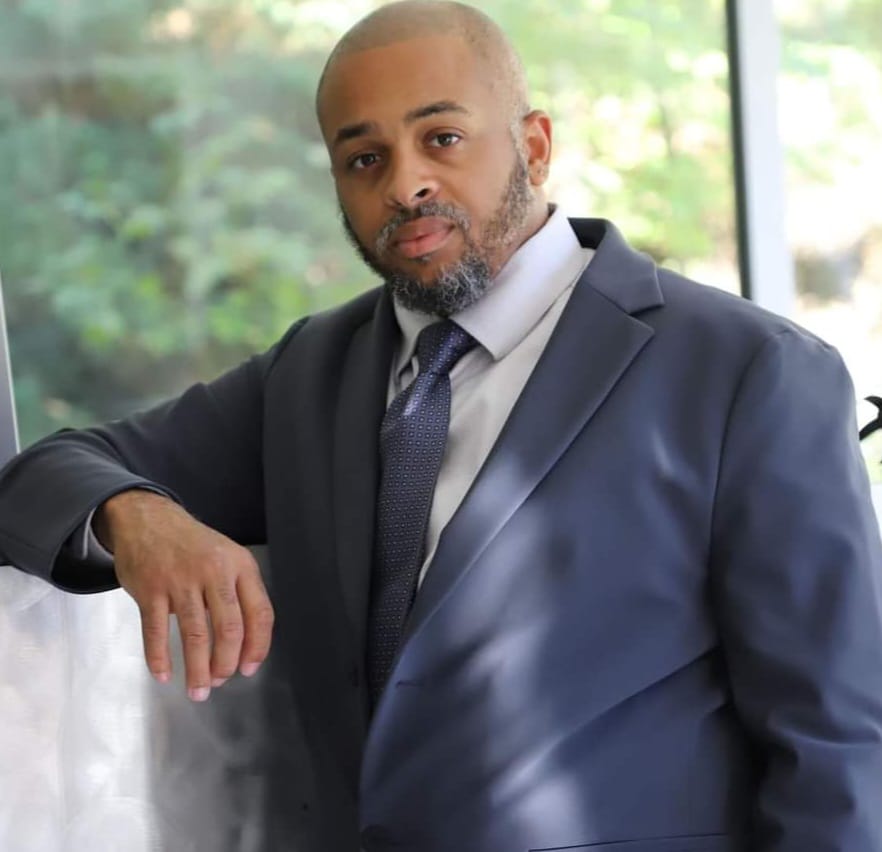According to Catherine Murphy, in her book, ‘The Historical Jesus for Dummies’, the gospels give the impression that several Jewish groups — the Pharisees, the scribes, the priests, the elders, the Sadducees, and the high priest — teamed up to take Jesus out. They all conspired and turned him over to the Romans.
The central question is: What threat did Jesus actually pose to Rome? After all, he spent most of his time in the Galilee, which was not under Roman hegemony. If enough people so much as hoped that Jesus might be ushering in God’s reign —when Jesus entered Jerusalem (Mark 11:1–10; John 12:12–19) — Rome’s prefect, Pontius Pilate, would have intervened with force to make an example of the would-be messiah.
The interesting historical question is whether Jesus himself encouraged the crowds to hail him as the Messiah. His core teaching was that God’s kingdom was coming soon and that it alone offered true justice, peace, and good news to the people. Did he promote rebellion against Rome? Would he have prepared for a final confrontation with the authorities armed with the ‘two swords ‘he gave his disciples, one of which was used to chop off the ear of the servant of the High Priest; and which Jesus immediately glued back while rebuking him saying: Converte gladium tuum in locum suum ; ‘those who live by the sword die by the sword’. Matthew 26:52
Enter Ahmed Deedat’s interrogation of the story leading to crucifixion. See CRUCIFIXION OR CRUCI-FICTION, in which Deedat gave an exhaustive interrogation of the last day of Nabi Isa and delivered a verdict of crucifixion not being the cause of death. It was a live Jesus that appeared to Mary and the disciples: Story for another day. The intervention today is the implications for Islam of Jesus’ prophesised return.
Jesus asked his disciples; “Who do people say that I am?” Their answers—from John the Baptist to Elijah or one of the prophets—reveal how his followers understood his life and mission. Today, asking Muslim communities around the world the same question—who do you think that Christ is?—is equally revealing.
The Quran mentions Isa, 25 times, but differently each time. The Quran explains that Isa was born of the Virgin Mary (19:20–21) and is “high honored in this and the next world” (3:45–47). Thus, he is called Isa ibn Maryam, or Jesus son of Mary. The Quran also refers to him as ruh min Allah (“Spirit from God”), mushia bi’l baraka (“the Messiah—someone blessed by God”), kalimah min Allah (“Word from/of God”), and rasul (Prophet-Messenger) of God.
Muslims believe that Jesus was a prophet who was given a special message—injil, or the gospel—to convey to all people. This message both confirmed what was taught in the Torah and foretold the coming of Prophet Muhammad. Thus, Jesus has a vital and unique role to play in the Muslim faith.
Like Christians, Muslims believe that Jesus will return. This is the crux of the problem. Islamic texts say that Jesus will come back on the Day of Judgment, when he will destroy the ad-dajjal—anti-Christ. This however, is a contentious issue as it relates to the Quran’s proclamation of Prophet Muhammad as the last prophet after whom there will be no other prophet: The title khatam an-nabiyyin or khatim an-nabiyyin, usually translated as “Seal of the Prophets”, is applied to Muhammad in Chapter 33:40 of the Qur’an.
In Mu’jam al-Awsat, at-Tabarani narrated a hadith with the last statement being, “So I am that [brick], I am the seal of the prophets, there is no prophet after me”
The question is: If Jesus returns, will he return as a prophet and in effect contradict Quran 33:40 and the Prophets assertion of him being the last prophet?
The belief that a new prophet cannot arise after Muhammad is shared by both Sunni and Shi’i Muslims. Some of the most prominent historical Sunni texts on creed explicitly mention the doctrine of finality of prophethood. For example, in al-Aqidah at-Tahawiyyah it is asserted that “Every claim to the prophetic office after his is a delusion and a wandering desire.” In another popular work, al-Aqidah an-Nasafiyyah, it is stated, “The first of the prophets is Adam and the last is Muhammad.”
The first modern academic to have studied in detail the history of the doctrine of finality of prophethood is Yohanan Friedmann. In his seminal article, Finality of Prophethood in Sunni Islam (1986), he concluded that “While it is true that the phrase khatam an-nabiyyin is generally interpreted as meaning ‘the last prophet’, the exegetical tradition and other branches of classical Arabic literature preserved material which indicates that this now generally received understanding of the Quranic phrase is not the only possible one and had not necessarily been the earliest.”
However, Uri Rubin holds that the finality of prophethood is a Quranic idea, not a post-Quranic one, and that the expression khatam an-nabiyyin implies both finality of prophethood and confirmation. In response to modern scholars skeptical of the early origin of the doctrine, Rubin concludes from his study “that, at least as far as Sura 33 is concerned, the idea of finality of prophethood is well-represented in the text, as well as in the earliest available extra-Quranic materials.” Rubin concludes that the texts confirm the early origin of the belief. He concludes that “there is no compelling reason to assume that the Muslims of the first Islamic century originally understood the Quranic khatam an-nabiyyin in the sense of confirmation alone, without that of finality.”
This therefore poses a problem for the ‘Second Coming’. The matter is however settled by the Quran where it said that Jesus was not killed but: ‘Nay, Allah raised him up unto Himself; and Allah is Exalted in Power, Wise’; (Quran 4:157–158)
If and when he returns, it will not be as a new Prophet but as Jesus, Isa of old. This is not difficult for God to do: Ref the story of Uzair Quran 2:259 and the ‘People of the Cave’ in Sûrat Al-Kahf.
Throughout history and today many Islamic thinkers have used Jesus as an important religious model. Abu Hamid al-Ghazali encouraged Muslims to pray as Jesus prayed. In ‘Arabi called Jesus wilaya (“seal of the friend of God”) because he possessed the highest knowledge of and intimacy with God. Mahmoud Ayoub, a modern Islamic theologian, has developed an Islamic Christology that explores how Jesus exemplifies the fulfilment of humanity by being fully illuminated by God’s light (tajalli).
Of course Islamic thought on Jesus differs from Christian teachings. But we also share many common beliefs: including a profound respect for the mystery of God, love for Jesus, and a willingness to learn from his life as we seek happiness with God. Perhaps here is an opening for a productive conversation between our faiths. And in this spirit of Easter, now is the time to give it much thought. Given centuries of mutual suspicion and misunderstandings as well as ever-recurring tensions; doing so in a winsome and responsible manner won’t be easy. But this is the challenge facing us in the days ahead.
Today it is Kaduna tomorrow it is Jos; the bloodletting must end. If we all follow the teachings of Christ, we would all ‘follow the commandments’ and live in peace with each other.
Barka Juma’at and a happy weekend

 News6 years ago
News6 years ago
 Featured7 years ago
Featured7 years ago
 Boss Picks6 years ago
Boss Picks6 years ago
 Headline6 years ago
Headline6 years ago
 Headline6 years ago
Headline6 years ago
 Headline6 years ago
Headline6 years ago
 Headline6 years ago
Headline6 years ago
 Headline6 years ago
Headline6 years ago


















